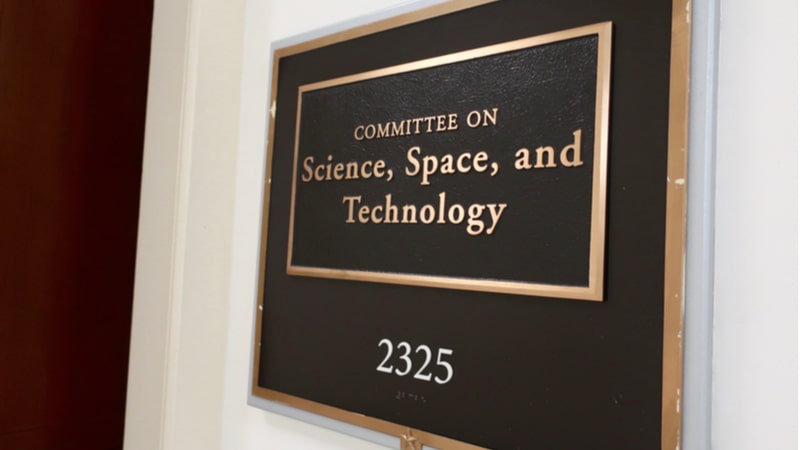
A bipartisan bill that would require the National Institute of Standards and Technology (NIST) to incorporate AI systems into the national vulnerability database won approval from the House Science, Space, and Technology Committee on Wednesday.
The AI Incident Reporting and Security Enhancement Act – introduced by Reps. Deborah Ross, D-N.C., Jay Obernolte, R-Calif., and Don Beyer, D-Va., on Sept. 20 – was approved by the panel via voice vote and will now head to the full House for further consideration.
The bipartisan bill requires NIST to update the national vulnerability database to reflect vulnerabilities to AI systems and study the need for voluntary reporting related to AI security and safety incidents.
It also calls on NIST to work with stakeholders, including the Cybersecurity and Infrastructure Security Agency (CISA), to establish common definitions, terminology, and standardized reporting rules for AI security incidents.
The Senate has a companion bill – the Secure AI Act of 2024 – introduced by Sens. Mark Warner, D-Va., and Thom Tillis, R-N.C. in May.
The House Science, Space, and Technology Committee on Wednesday also passed the Department of Energy AI Act which aims to harness the agency’s existing National Laboratories infrastructure and workforce to bolster American leadership in AI.
The bipartisan bill – introduced last week by Reps. Brandon Williams, R-N.Y., and Suzanne Bonamici, D-Ore. – has a Senate companion bill that was introduced in July by Sens. Joe Manchin, I-W.V., and Lisa Murkowski, R-Alaska.
“Today’s markup was another great example of the bipartisan productivity of this Committee,” House Science, Space, and Technology Committee Ranking Member Zoe Lofgren, D-Calif., said on Wednesday. “With the passage of two bills that will expand and secure AI capabilities at DOE and NIST, we continue the Committee’s momentum of being the leader in the AI policy space in Congress.”
